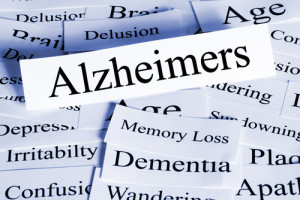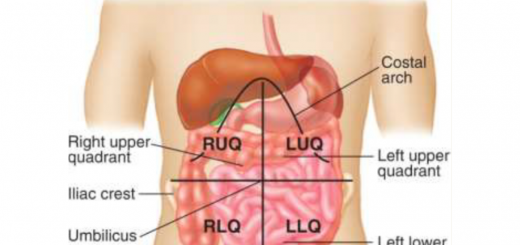First aid for Dementia
According to the World Health Organisation, approximately 47.5 million people world wide suffer from Dementia. This number is set to sky rocket with the increasing elderly population.
The term ‘dementia’ encompasses a group of neurological conditions which affect the brain causing progressive deterioration and decline.
The most well known type of dementia is Alzheimer’s disease, which effects the memory system of the brain. Other forms of dementia can effect memory too as well as other systems such as personality and behaviour, logic, language and movement.
Research is nearing the brink of understanding these conditions and hopefully a cure will follow soon after. Meanwhile sufferers of dementia can have great difficulty leading an every day life and as the disease progresses they require more and more care and support from others.
As mentioned there currently exists no cure, but there are treatments available for some types of dementia that aim to help with symptoms and slow the rate of decline.
Providing first aid for patients with dementia can be challenging and it’s important to remember no two people with dementia are the same, so here’s a few our our top tips for helping someone.
- Try not to assume they can’t remember things. As mentioned dementia is progressive, they may be at the very start of their condition and their memory is barely effected and you as not a family member wouldn’t even notice anything was wrong, or they could have another form of dementia that doesn’t effect their memory yet at all.
- Just because they’re a little confused doesn’t mean they can’t consent to treatment. Always explain to them what you would like to do, and if necessary repeat it. They may forget how to perform simple tasks such as using an inhaler or using a phone and need help to do so.
- Make sure that if a carer or loved one is with them, that they stay there with you whilst you are providing treatment. This is in case the patient with dementia does struggle to remember things, or has difficulty communicating. Patients with severe dementia can get agitated and frustrated with their condition so having someone who knows them with you can help.
- If you are concerned, call for help. If they are one their own and you are worried about their well being, or someone seems confused and you don’t know for definite it’s dementia, call for help. There are other illness that can cause confusion such as head injuries, strokes or severe infections.
- Try to be patient relaxed. Patients suffering from dementia can feel very frightened and scared if they are confused. Keep the environment around them calming, removing loud noises. Don’t pressure them or draw attention to the fact they can’t remember something. Anxiety can make their confusion worse. Instead move on to talk about something else and ask them again later.
Treat with Dignity
We may be in their position one day, they’re our fathers, sisters, granddads and great-grandmothers. Be aware that in severe dementia you may need to prompt and help them to eat and drink as well as being mindful they can suffer from bladder and bowel incontinence.






